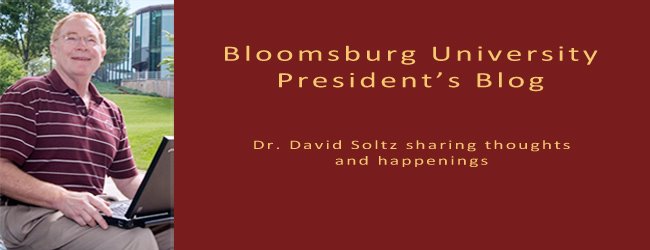Wednesday, February 19, 2014
IOM: One of a Kind
Each of Bloomsburg University's 54 undergraduate and 18 graduate programs are unique and special in their own way. And our audiology department’s Intraoperative Neurophysiological Monitoring (IOM) path, a graduate training program in clinical neurophysiology led by Qing Yue, associate professor of audiology and speech pathology, may be the most unique.
It is the only program of its kind offered in the nation.
IOM involves the identification and monitoring of neurological structures during surgery to prevent injury/complications to the nervous system and provide surgical guidance. Students obtaining a doctorate in audiology specializing in IOM graduate with not only an academic understanding of IOM practices and technology but clinical application as well.
In medical centers across the country, IOM training is mostly done on the job. However, with a doctorate from BU, graduates enter the workforce fully prepared. As its own area of specialty within audiology, the IOM path has more than 10 graduate courses tailored to academic and clinical application of all IOM equipment used today. Students with backgrounds in biology, engineering or premed are encouraged to apply for the IOM program.
#FutureHusky
Thursday, February 6, 2014
New leadership center comes to campus
BU’s new Center for Leadership and Engagement (CLE) focuses on leadership development, community engagement and student organizational support. At CLE, students gain knowledge of core leadership skill sets and enhance their co-curricular experiences through a three-level Leadership Certification Program, in which nearly 300 students are currently enrolled.
Level one includes educational workshops that focus on self-awareness, learning about others and leadership development and gets students involved in student clubs, organizations, leadership roles, athletics, arts, committees and service experiences.
In level two, students work on professional presentation and portfolio development, step up to get involved in additional student organizational events and service projects and choose to explore one of four specific leadership areas: organizational leadership, community engagement leadership, group leadership or social justice leadership.
Levels one and two can be completed sequentially or concurrently. Level three affords students the opportunity to apply what they’ve learned in levels one and two through practical out-of-classroom initiatives. Workshop topics for both level one and two will be incorporated at the Husky Student Leadership Conference on Saturday, March 8.
#HuskyUnleashed
Subscribe to:
Comments (Atom)



